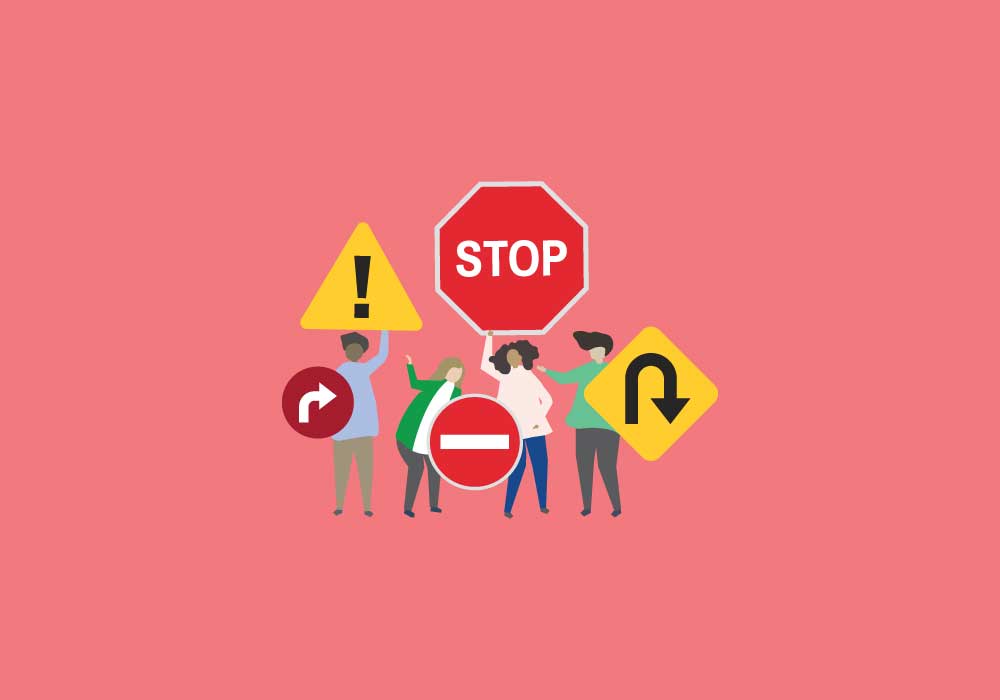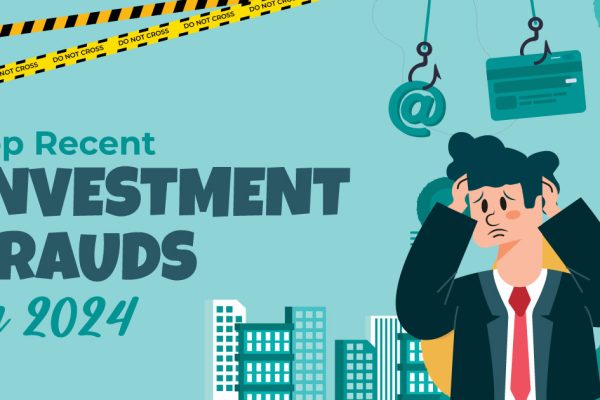4 ways to protect yourself from debt collection scams
If you’re worried about becoming a victim of debt collector scams, here’s how you can protect yourself, your bank account and your personal information:
-
Contact your creditor
Track the source of the debt by reaching out to your creditor to see if it has any information about the debt in question. If the company that contacted you matches what your creditor has on file, you’ll know it’s a legit debt collector.
Always ask for a validation letter or confirmation about the debt. That way, if you do receive fake debt collection letters, you’ll be able to check them against the legit one from the actual collection agency. -
Check your credit report
Look at your credit reports to see if the debt the collector is referring to is on your report.
While most debt is reported, not all debt collectors relay information to the credit bureaus. The debt could still be yours but not show up on your credit report. In this case, you may need to do more research to look into the alleged debt. -
Don’t disclose any financial information
When someone asks for personal and financial information, don’t share anything the potential scammer doesn’t already know. Instead, ask for the caller’s name, the collection company and contact information such as a phone number or email address and its physical address.
If the collector is willing to provide information, that’s a good sign. Next, try to call the company or send it an email. If you get a dead line or the email bounces back, that’s a red flag. Save any discussion of your financial or personal information until you have verified that the debt collector is legitimate. -
Stay calm and know your rights
Dealing with a debt in collections can be stressful and embarrassing, but don’t be hasty, Nitzsche says.
“A legitimate debt collector should be able to provide you with documentation that shows where the debt came from, when they acquired it and how they arrived at your current balance,” he says. “Always ask for this verification as soon as collection attempts begin.”
Under the Fair Debt Collection Practices Act, legitimate collectors must identify themselves and can’t try to contact you at any unusual time or place. They also can’t communicate with anyone about your debt except for your attorney, the attorney for your creditor or the collection agency and, in some cases, a consumer reporting agency.
It’s also helpful to know your state’s statute of limitations on debt, Nitzsche says. This can be anywhere from three to 10 years. “If the debt they claim you owe — legitimate or not — is beyond the statute of limitations, the collector can attempt to collect but cannot sue you,” he says.











